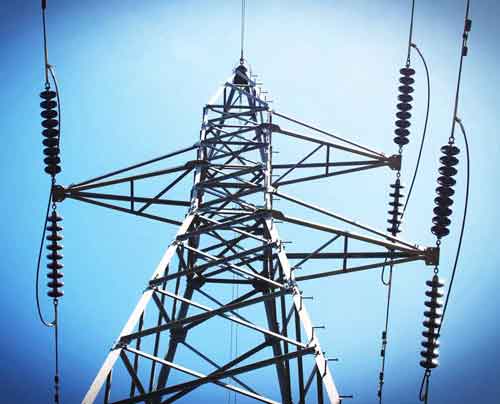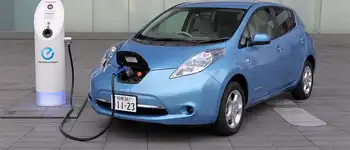End to hydro rate subsidy urged
By Toronto Star
High Voltage Maintenance Training Online
Our customized live online or in‑person group training can be delivered to your staff at your location.

- Live Online
- 12 hours Instructor-led
- Group Training Available
Such a move would cause electricity rates to rise 35 per cent over that time, but the Ontario Clean Air Alliance argues that higher power costs would encourage more homeowners and businesses to conserve energy and force industry to operate more efficiently.
"If you want to promote energy efficiency you don't subsidize the price of electricity, you've got to raise it," said Jack Gibbons, lead author of the study, called "Tax Shift: Eliminating Subsidies and Moving to Full Cost Electricity Pricing."
He said more people are likely to ease off on their air conditioners, turn out the lights, and purchase EnergyStar products if they see a 35 per cent hike on the power bill.
At the same time, the province should take the billions of dollars it would save by eliminating the subsidies and give it back to citizens in the form of an annual hydro rebate amounting to $386 for each person in the province, the group proposes.
Such a rebate would more than offset higher power bills in the typical household. A family of four, for example, would get back $1,544 under the plan compared to the $503 increase the average home would see on its electricity bill – excluding any savings through personal conservation efforts.
"It's true that one could use the (annual) tax reduction to pay for one's status quo level of electricity consumption, but that is not likely to happen," Gibbons said. "For example, when you get a $1,500 pay increase, you don't typically spend one-third of that on increased electricity consumption."
The study, funded by a number of philanthropic organizations – including the EJLB Foundation and the Laidlaw Foundation – identified a number of subsidies that keep electricity rates in the province artificially low.
Specifically, it determined the province pays nearly $2 billion so that Ontario Power Generation and other owners of hydroelectric power stations can pay royalties for water that are well below market rates. Ontario Power Generation also gets a below-market return on its generating assets that amounts to $850 million annually.
Another $2 billion goes toward a provincial sales tax exemption on grid-supplied electricity and interest payments on the former Ontario Hydro's $19.3 billion in stranded nuclear debt.
The study argues that eliminating these subsidies will encourage a "culture of conservation" and make Ontario's industries more efficient and competitive, though industry and businesses would not get rebates. Instead, the group is recommending that the government offer low-interest loans to companies wanting to do efficiency upgrades on their operations.
"In essence, a full-cost pricing strategy represents a tax shift from subsidizing wasteful consumption to rewarding efficiency, which in turn is a much more economically efficient and beneficial use of government revenues," according to the study.
Frank De Jong, leader of the Ontario Green Party, which has long advocated the use of revenue-neutral tax shifting, said he supports the plan in principle.
"This is absolutely the right way to go," he said. "But it's a question of the right mechanism for doing it."
De Jong said a simpler approach would be to use the $5 billion that goes toward subsidies and instead directly lower business and consumer taxes, freeing up more money to pay the higher cost of electricity or invest in energy efficiency.
He said the government's $3 billion health-care levy should also be turned into a carbon tax.
"Yes, we want the health care, but we should be paying for it on our electricity and gas bill rather than our health-care bill."











